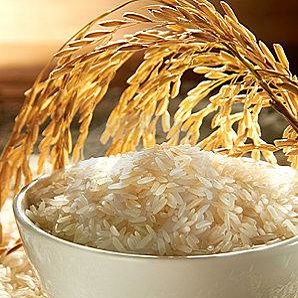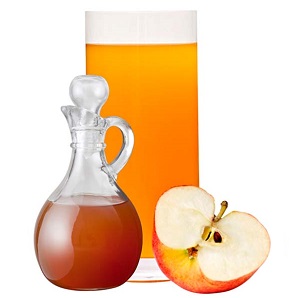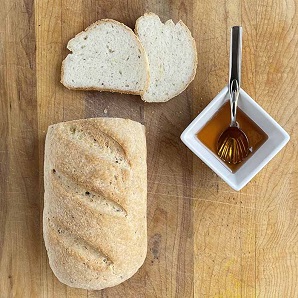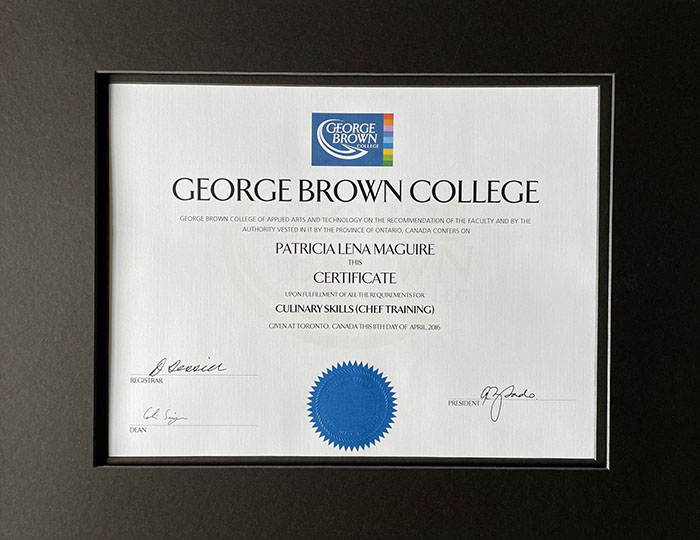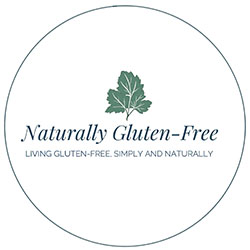- Home
- Gluten Free Alcohol
- Gluten Free Wine Guide
Gluten Free Wine: A Guide to Safe, Stress-Free Socializing
Living with celiac disease can be a challenge, especially when it comes to socializing. The fear of accidental gluten ingestion can cast a shadow over the simplest pleasures, like enjoying a glass of wine.
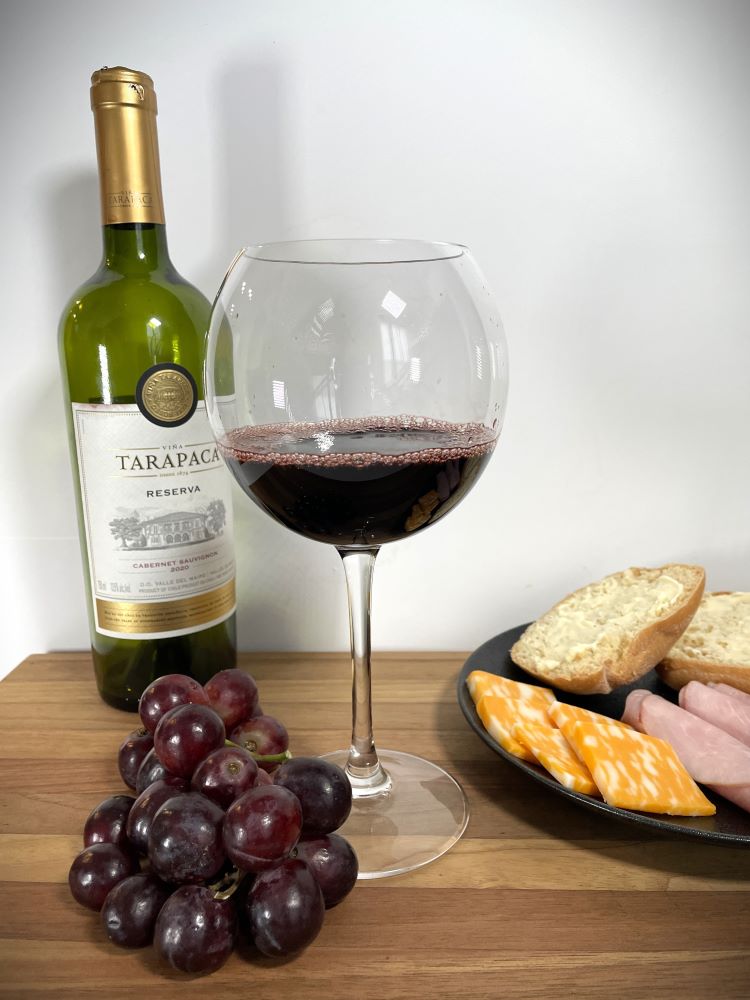
If you're wondering whether wine is truly gluten free or if you can confidently clink glasses with friends without worry, you're in the right place. Let's uncork the truth about gluten free wine and make socializing stress-free for you.
Understanding Gluten in Wine
The best way to know if your wine is gluten free and safe for you to drink is to understand a bit about the wine making process. Let’s dive in, dispel some myths, and calm your concerns.
Demystifying the Winemaking Process
The good news is that wine is naturally gluten-free. Wine is made from fermented grapes and grapes are gluten free. During fermentation, gluten proteins are not carried over into the final product. Different wines have distinct characteristics, but when it comes to gluten, they share a common trait - minimal risk. Red, white, sparkling, and even fortified wines like sherry and port are gluten free.
So, why do some people still worry about gluten in wine?
Why Is Wine Thought to Contain Gluten?
The misunderstanding arises from two key steps in the wine making process: fining and aging.
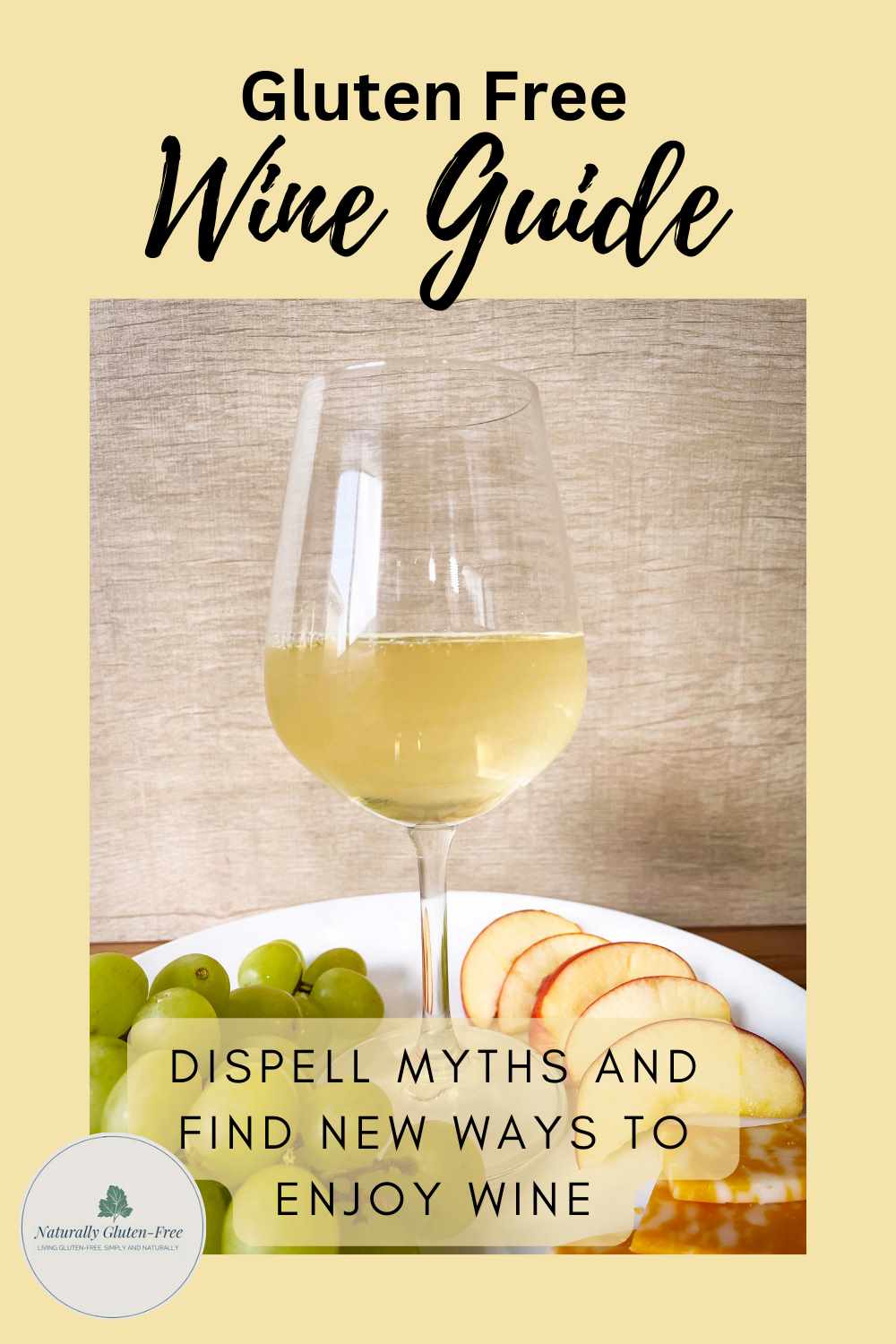
Myth: Gluten is Added to Wine During a Process Called "Fining"
Some winemakers use a process called fining to
give wine a clearer, more polished appearance. A fining agent like isinglass
(obtained from fish), bentonite clay or egg whites is added to the wine.
This agent binds to larger unwanted particles and helps them to precipitate to
the bottom of the cask so they can be filtered out. Some years ago,
researchers investigated gluten as a fining agent. It worked reasonably
well, and the wine tested afterward had no detectible gluten.1
I’ve personally investigated many wineries and spoken with many wine makers. I have not found a single one that uses gluten in the fining process. In fact, those I’ve spoke with kind of looked at me like I had two heads. It’s just not a thing. Still, many sources on the internet caution about gluten in fining agents. I suspect this is a case of broken telephone. Someone found out that gluten was being studied, assumed it was being used and then others started quoting it as fact.
I think we can consider gluten in wine from fining agents to be a dispelled myth.
Myth 2: Aging in Oak Barrels Adds Gluten to Wine
Some very high-end, sought-after wines are aged in oak barrels.2 These are mostly reds but also chardonnay and some pinots, are aged in this way. The internet tells us that some wineries use wheat paste as a sealer for the barrels although most use waxes and paraffins. I’ve not come across a wine maker that uses wheat paste, though I can’t say for sure that it never happens. Most wines at a price point the average wine drinker would find reasonable are not aged in oak barrels. The oaky flavor of your favorite Chardonnay or Cab Sauv likely comes from oak chips. Even if wheat paste were used, the barrel would be washed, scrapped, and sanitized so that it's unlikely any traceable amounts of gluten would come through to the final product.
Reaching Out to Wineries
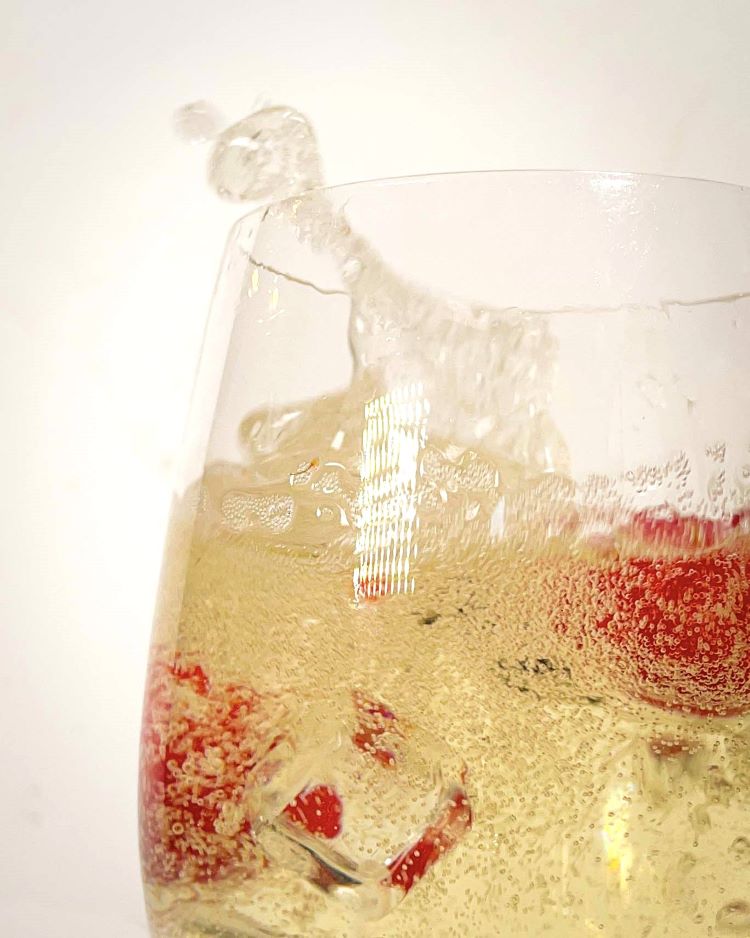 White Wine Spritzer with Raspberries
White Wine Spritzer with RaspberriesIf you’re still concerned and want to be totally sure, reach
out to vintners or wineries. Winemakers know their process and can tell you if
there is any chance of gluten being found in their product.
Bottom Line: Wine is generally safe. The exceptions are few and far between. I don’t even check specific brands anymore and I'm diligent about my gluten sleuthing.
Gluten Free Labelling and Certification for Wine
The absence of a 'gluten free' claim on a wine label does
not mean the wine contains gluten.
Although there is no organization that provides gluten free certification for wine specifically, there are a few brands that market their products as gluten free. This in my opinion is marketing as wine is naturally gluten free.
Symptoms After Wine Consumption
If you've felt unwell after drinking wine, it’s likely not
due to gluten. Many people report headaches dizziness, sniffles, skin flushing
and other symptoms after drinking a small amount of wine. This is often
blamed on sulfites or histamines although studies are contradictory as to
whether those are the likely cause.3
Other possible causes of wine reactions include:
- intolerance to grapes or tyramine, a compound found in fermented foods
- inorganic compounds like ethanol, acetaldehyde, or acetic acid. 4
If you often feel unwell after drinking wine, consider speaking with a healthcare provider about potential allergies or intolerances.
Gluten Free Wine Coolers and Cocktails
A wine cooler is a refreshing, fruity beverage that's perfect for a hot summer day, and good news—most wine coolers are completely gluten-free. As always, when consuming any product with multiple ingredients, check the label to be sure. Some wine coolers may contain malt, which may be made from barley.
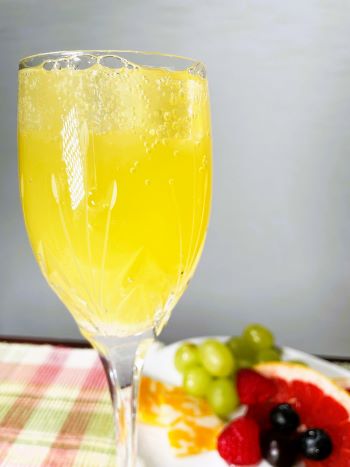 Mimosa with Fruit
Mimosa with FruitYou can make your own wine cooler or cocktail at home. All you need is your favorite wine, which we’ve already established is gluten free and a few simple ingredients. A wine cocktail is perfect if you’re trying to pace yourself. You are diluting the wine, thus reducing the alcohol content of your drink. Let’s explore some options.
Wine Spritzer: Fill your wine glass halfway with your favorite white or red wine, then fill it to three quarters with sparkling water. You can add ice if you like and a wedge of lemon, lime or orange. Get creative and add a few raspberries to the glass.
Sangria: Traditional Spanish sangria is made with red wine in a pitcher you can share with friends. Core an apple and chop it up. Slice an orange with the skin on. Place both in the pitcher and muddle them with a muddler. Add a full bottle of red wine, three tablespoons of brown sugar, ¾ cup of orange juice and 1/3 cup of brandy. Top up the pitcher with ice. If you'd like a lighter version, use white wine.
Mimosa: Place a sugar cube and a tablespoon of brandy or Grand Marnier in the bottom of a champagne flute. Add equal parts sparkling wine and orange juice.
Simple wine cocktail: Experiment with wine and your favorite fruit juice. Add sparkling water and ice if you like. One of my favorites is white wine with a splash of cranberry juice and a little sparkling water.
If you’re going to a backyard barbecue, mix up your wine cocktail in an insulated container to keep it cold. You’ll enjoy a delicious gluten free wine beverage, worry free.
Concluding Thoughts
Despite the presence of gluten in so many food products,
gluten is not lurking invisibly in your wine bottle. Now, venture out and
discover the delightful world of gluten free wine. Savor your time socializing
and remember, relaxation is as important for your health as a good diet. Cheers
to you!
Sources:
1. P;, M. R.-D. L. A. (n.d.). Wheat gluten used as a clarifying agent of Red Wines. Journal of agricultural and food chemistry. https://pubmed.ncbi.nlm.nih.gov/11754564/
2. Terrazas, A. (2021, May 9). Oak aging - why is wine aged in oak?. Palate Club. https://www.palateclub.com/why-is-wine-aged-in-oak/#:~:text=Some%20of%20the%20most%20captivating,oak%20aging%20in%20some%20capacity.
3. Studies are contradictory as to whether sulfites or histamines are the cause of negative reactions to wine. If you're interested you can read those studies here:
Kanny G;Gerbaux V;Olszewski A;Frémont S;Empereur F;Nabet F;Cabanis JC;Moneret-Vautrin DA; (n.d.). No correlation between wine intolerance and histamine content of wine. The Journal of allergy and clinical immunology. https://pubmed.ncbi.nlm.nih.gov/11174207/
R;, W. F. M. (n.d.). The red wine provocation test: Intolerance to histamine as a model for food intolerance. Allergy proceedings : the official journal of regional and state allergy societies. https://pubmed.ncbi.nlm.nih.gov/8005453/
Silva M;Gama J;Pinto N;Pivi G;Brancal H;Carvalho L;Loureiro V;Patto MV; (n.d.). Sulfite concentration and the occurrence of headache in young adults: A prospective study. European journal of clinical nutrition. https://pubmed.ncbi.nlm.nih.gov/30962515/
The wine headache....are sulfites to blame? - by Jennie Monfried and Anjali Sarath, MS in food science students. Schmid College of Science and Technology. (2016, November 16). https://blogs.chapman.edu/scst/2016/11/16/the-wine-headache-are-sulfites-to-blame/
4. Wüthrich, B. (2018, September 1). Allergic and intolerance reactions to wine. Allergologie select. https://www.ncbi.nlm.nih.gov/pmc/articles/PMC6883207/#:~:text=Flush%20syndrome%20after%20wine%20consumption,high%20amounts%20of%20toxic%20acetaldehyde
Home > Gluten Free Alcohol > Gluten Free Wine








